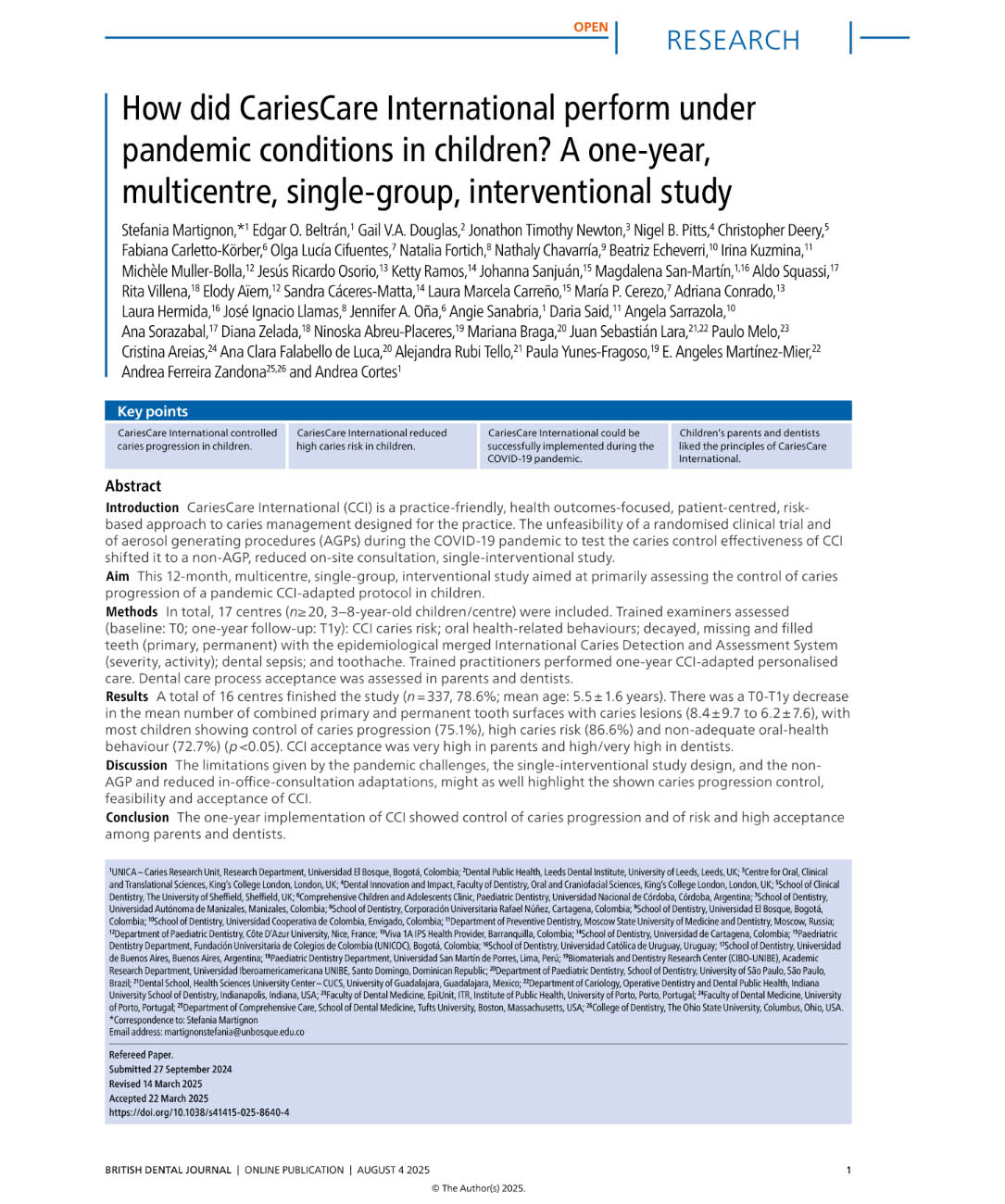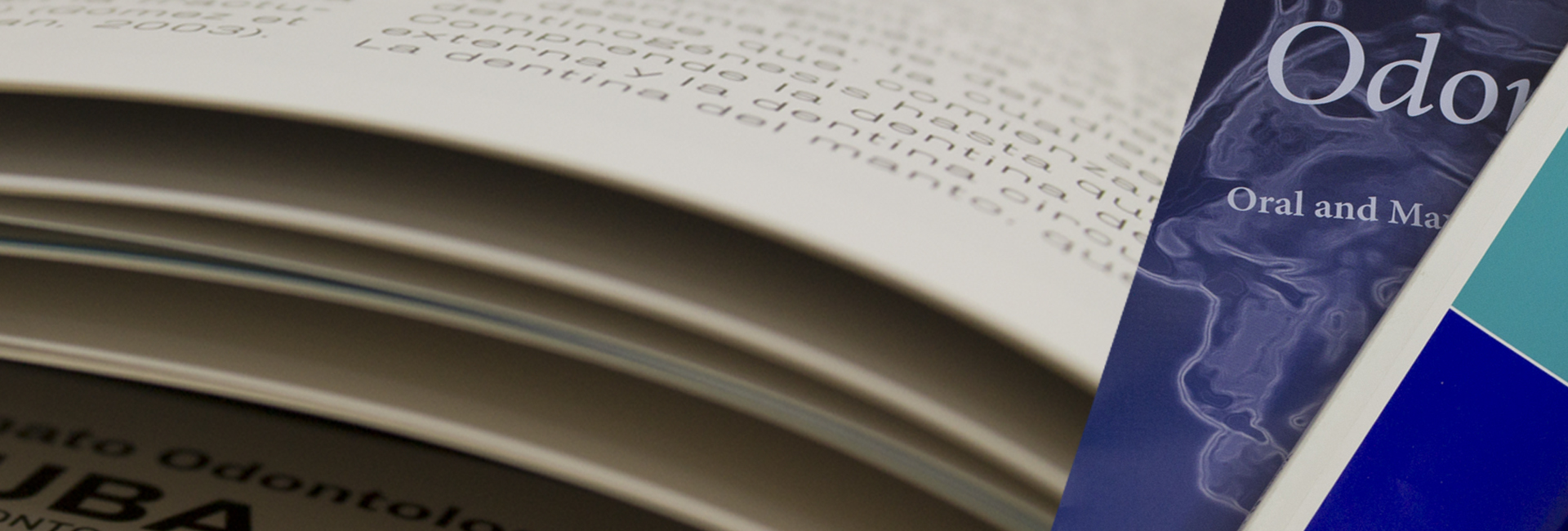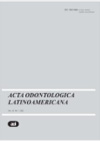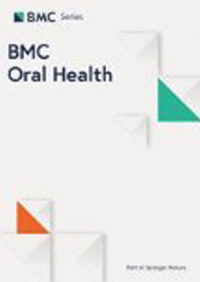
How did CariesCare International perform under pandemic conditions in children? A one‑year, multicentre, single‑group, interventional study
Fecha de Publicación: 04 de Agosto 2025

Reference
British Dental Journal. ONLINE PUBLICATION | AUGUST 4 2025
Abstract
Introduction
CariesCare International (CCI) is a practice-friendly, health outcomes-focused, patient-centred, risk-based approach to caries management designed for the practice. The unfeasibility of a randomised clinical trial and of aerosol generating procedures (AGPs) during the COVID-19 pandemic to test the caries control effectiveness of CCI shifted it to a non-AGP, reduced on-site consultation, single-interventional study.
Aim
This 12-month, multicentre, single-group, interventional study aimed at primarily assessing the control of caries progression of a pandemic CCI-adapted protocol in children.
Methods
In total, 17 centres (n≥ 20, 3–8-year-old children/centre) were included. Trained examiners assessed (baseline: T0; one-year follow-up: T1y): CCI caries risk; oral health-related behaviours; decayed, missing and filled teeth (primary, permanent) with the epidemiological merged International Caries Detection and Assessment System (severity, activity); dental sepsis; and toothache. Trained practitioners performed one-year CCI-adapted personalised care. Dental care process acceptance was assessed in parents and dentists.
Results
A total of 16 centres finished the study (n = 337, 78.6%; mean age: 5.5 ± 1.6 years). There was a T0-T1y decrease in the mean number of combined primary and permanent tooth surfaces with caries lesions (8.4 ± 9.7 to 6.2 ± 7.6), with most children showing control of caries progression (75.1%), high caries risk (86.6%) and non-adequate oral-health behaviour (72.7%) (p <0.05). CCI acceptance was very high in parents and high/very high in dentists.
Discussion
The limitations given by the pandemic challenges, the single-interventional study design, and the non-AGP and reduced in-office-consultation adaptations, might as well highlight the shown caries progression control, feasibility and acceptance of CCI.
Conclusion
The one-year implementation of CCI showed control of caries progression and of risk and high acceptance among parents and dentists.




